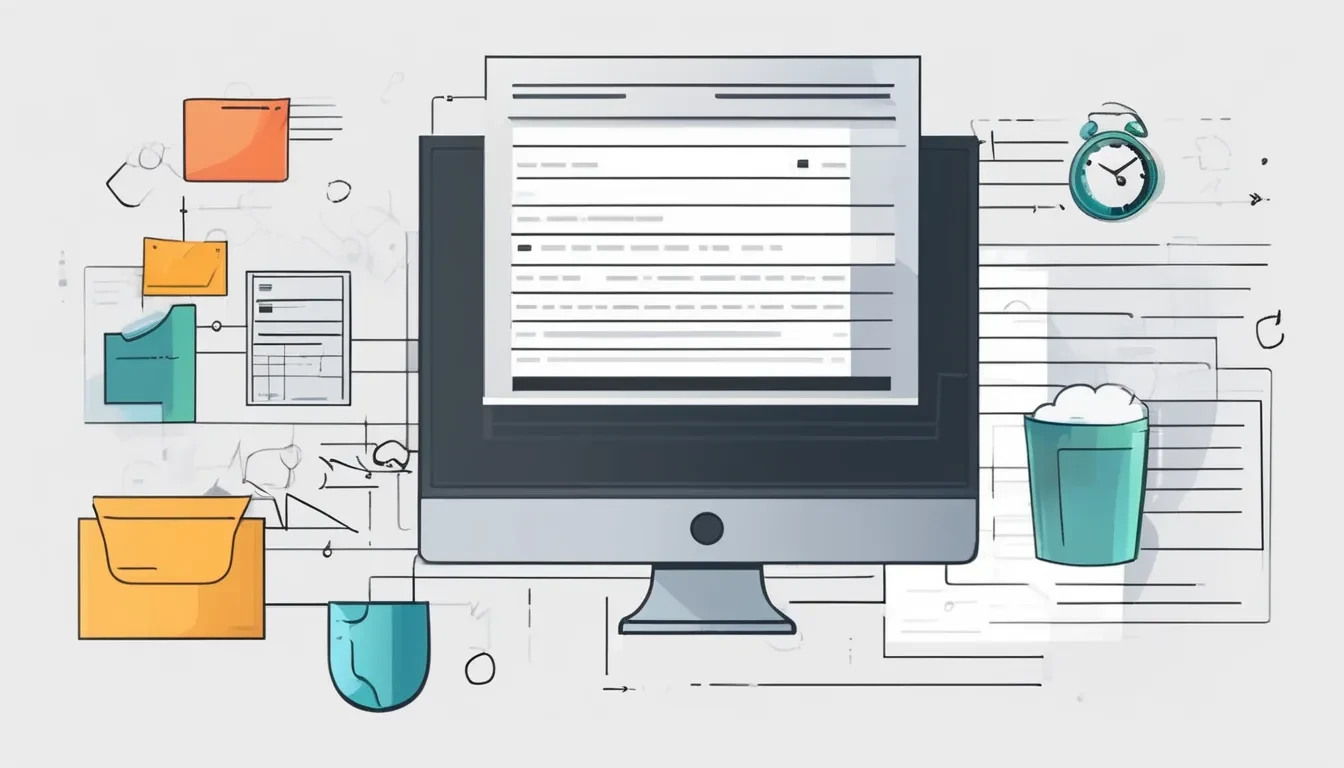
Mastering Code Reviews: Strategies for Effective Peer Feedback and Continuous Improvement
Code reviews are crucial for maintaining code quality and fostering collaboration in software development. This blog explores effective strategies for conducting productive code reviews, including setting up a clear process, following best practices, and handling common challenges. Discover how to improve code quality, enhance team collaboration, and support continuous learning through effective code reviews. Learn the art of code reviews and boost your development process today.
Code reviews are a cornerstone of modern software development, serving as a key practice for maintaining code quality, enhancing team collaboration, and fostering continuous improvement. In 2024, as software projects become increasingly complex and development teams grow larger and more distributed, the role of code reviews is more critical than ever. Effective code reviews not only catch bugs and ensure adherence to coding standards but also promote knowledge sharing and improve overall codebase health. This blog delves into strategies for conducting productive code reviews that benefit both individual developers and the team as a whole.
The Importance of Code Reviews:
Code reviews are more than a checkpoint in the development process—they are a crucial practice for ensuring high-quality software. They help identify potential issues before code is merged, improve the consistency of the codebase, and provide an opportunity for developers to learn from each other. In 2024, as development practices evolve, the focus is increasingly on making code reviews a positive and constructive experience rather than a mere formality.
Setting Up a Code Review Process:
To maximize the benefits of code reviews, it’s essential to establish a clear and structured process. Here are some key steps to setting up an effective code review process:
- Define Clear Objectives: Establish the goals of the code review, such as ensuring code quality, checking for adherence to coding standards, or verifying that new features meet requirements. Clear objectives help reviewers stay focused and provide valuable feedback.
- Create a Code Review Checklist: Develop a checklist that outlines the key areas to review, such as code readability, adherence to design patterns, and performance considerations. A checklist ensures that reviews are thorough and consistent.
- Choose the Right Tools: Utilize code review tools and platforms that integrate with your development workflow, such as GitHub, GitLab, or Bitbucket. These tools facilitate code review processes by providing features like inline comments, automated checks, and version history.
- Establish Review Guidelines: Set guidelines for how reviews should be conducted, including the level of detail expected, the timeframe for feedback, and the protocol for addressing comments. Clear guidelines help streamline the review process and ensure that all team members are on the same page.
Best Practices for Effective Code Reviews:
To make code reviews more effective and beneficial, consider the following best practices:
- Focus on the Code, Not the Developer: Maintain a constructive and respectful tone in your feedback. Critique the code, not the person who wrote it. This approach fosters a positive review environment and encourages open communication.
- Be Specific and Constructive: Provide detailed and actionable feedback. Instead of vague comments, offer specific suggestions for improvement or highlight areas where the code could be optimized. Constructive feedback helps developers understand what changes are needed and why.
- Prioritize Important Issues: While it’s important to address all relevant issues, focus on critical problems that impact functionality, performance, or security. Avoid getting bogged down by minor formatting issues unless they are part of your team’s coding standards.
- Encourage Pair Programming: Incorporate pair programming into your workflow, where developers work together on code and review each other’s work in real-time. This practice helps catch issues early and promotes knowledge sharing.
- Limit Review Scope: Break down code reviews into manageable chunks. Reviewing smaller, focused pieces of code makes it easier to provide thorough feedback and reduces the likelihood of missing important issues.
- Promote Continuous Learning: Use code reviews as an opportunity for learning and professional development. Encourage team members to ask questions, share knowledge, and discuss best practices.
Handling Common Code Review Challenges:
Code reviews can sometimes present challenges, such as differing opinions on coding practices or difficulties in providing constructive feedback. Here’s how to handle common challenges:
- Address Conflicting Opinions: When reviewers have differing opinions, facilitate a discussion to reach a consensus. Consider the merits of each perspective and make decisions based on the best interests of the project and team.
- Manage Review Fatigue: To prevent review fatigue, balance the workload among team members and set realistic expectations for the frequency and depth of reviews. Implementing a rotating review schedule can help distribute the review load more evenly.
- Maintain a Positive Review Culture: Foster a culture of collaboration and mutual respect within your team. Encourage open dialogue, recognize contributions, and celebrate improvements to create a positive review environment.
The Benefits of Effective Code Reviews:
Effective code reviews offer numerous benefits, including:
- Improved Code Quality: By catching issues early and ensuring adherence to standards, code reviews enhance the overall quality and reliability of the codebase.
- Enhanced Team Collaboration: Code reviews promote collaboration and knowledge sharing among team members, leading to a more cohesive and knowledgeable development team.
- Increased Developer Skill: Developers receive valuable feedback and insights, helping them grow their skills and improve their coding practices over time.
- Reduced Technical Debt: Regular code reviews help address potential issues before they accumulate, reducing technical debt and making future maintenance easier.
Conclusion:
Mastering code reviews is essential for maintaining high-quality software and fostering a collaborative development environment. By setting up a clear review process, following best practices, and addressing common challenges, you can ensure that code reviews are productive and beneficial for your team. In 2024, as software development continues to evolve, effective code reviews will remain a key practice for achieving excellence in code quality and team collaboration. Embrace the art of code reviews and unlock the full potential of your development process.



0 Comments